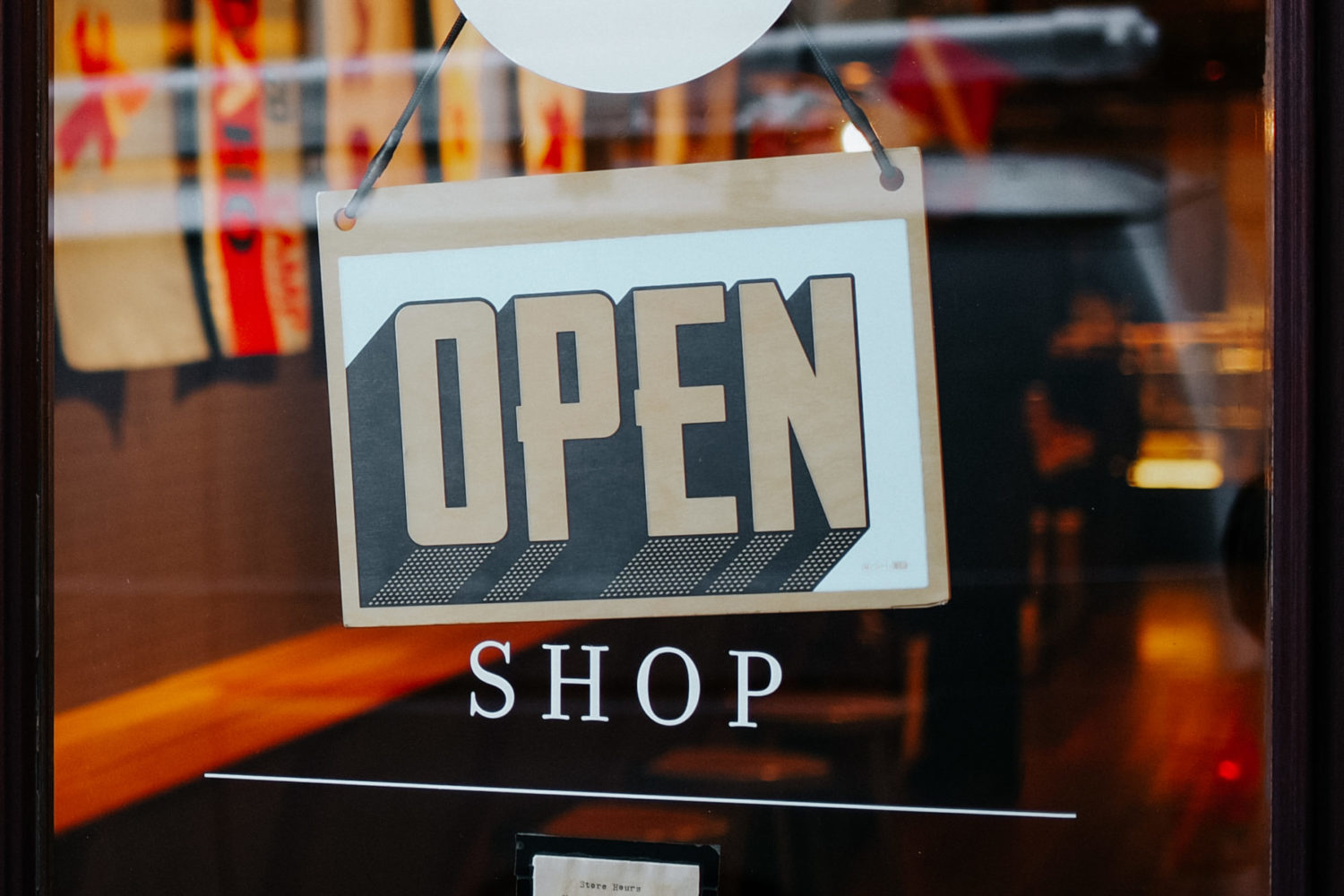In the surge of activism following George Floyd’s death, many shoppers have demonstrated their solidarity by supporting black-owned businesses and distancing themselves from brands that refused to take a stand. No longer satisfied with a strictly transactional relationship, consumers are demanding companies take action and champion the causes they care about. While there are many benchmarks for evaluating a company’s ethics, two of the biggest buzzwords are B Corp and Fairtrade. Here’s what they actually mean.
B Corp
Not to be confused with benefit corporations, a kind of legal business structure, B Corps receive a third-party certification affirming they “meet the highest standards of verified social and environmental performance, public transparency, and legal accountability to balance profit and purpose.” Prospective companies undergo the B Impact Assessment (BIA), the first step in a rigorous certification process that evaluates overall social and environmental impact. This free online assessment measures company performance across four impact areas: governance, workers, community, and environment, considering factors like organizational transparency, worker compensation, job creation, and emissions.
For B Corp certification, companies must score an 80 or above on the BIA, in addition to meeting a legal requirement and verification and transparency standards. In order to stay certified, companies must update their BIA score every three years and may also need to undergo site reviews. To complete the certification process, companies sign the B Corp Declaration of Interdependence and B Corp Agreement and pay annual certification fees. Over 3,000 companies are certified B Corps, including Patagonia, Stonyfield Organic, Hootsuite, and Allbirds.
Fairtrade
Fairtrade is an independent certification ensuring companies’ products are ethically sourced from farmers who get a fair deal for their labor. A wide variety of products, from coffee to clothing, can be Fairtrade certified. Recognizing that an ethical supply chain extends beyond income, Fairtrade seeks to fight child labor, mitigate climate change, promote gender equality, break down poverty, and support worker’s rights. Specific product standards vary by category.
Businesses seeking to get certified with Fairtrade America undergo a five-step process starting with a business assessment that examines a company’s needs, goals, and supply chain. Once a business is deemed viable for certification, it submits an application that determines whether to certify its existing supply chain or utilize an already certified one. After application approval, companies sign a licensing contract with Fairtrade America and can then submit applications for individual products to get certified. Lastly, companies work with Fairtade’s marketing team to generate buzz about freshly certified products. Businesses selling Fairtrade products contribute to farmer payments for raw goods, auditing fees, and licensing fees for using the Fairtrade label.
While not all ethical businesses choose to or have the resources to opt into B Corp or Fairtrade certification, these two standards can be a helpful launching point for discovering brands that are committed to doing good. Here are some B Corp and/or Fairtrade certified brands and products to get you started:
For your sweet tooth… Ben and Jerry’s ice cream and Trader Joe’s chocolate
For your outdoor adventures… Patagonia and Cotopaxi gear
For your feet… Bombas socks and Allbirds shoes
For your morning caffeine… Rise Up Coffee and Higher Ground coffee
What ethical brands are your favorite? Let me know in the comments below!
- Carbon Farming: The Future of American Agriculture and Carbon Trading - May 26, 2021
- LEED: Greenwashing or Good for the Planet? - March 8, 2021
- Who Invented Zero Waste? Acknowledging Indigenous Wisdom in Modern Environmental Practices - February 9, 2021
